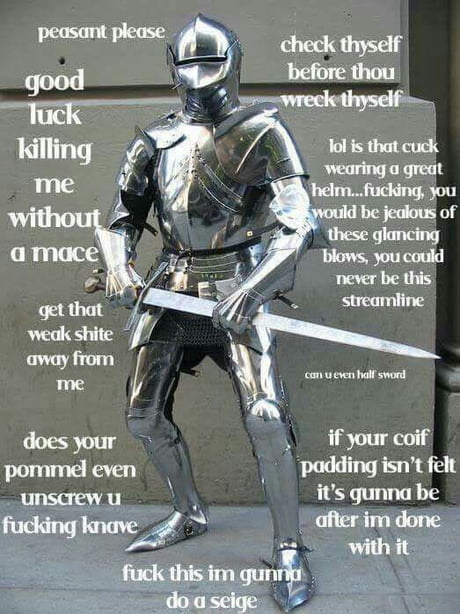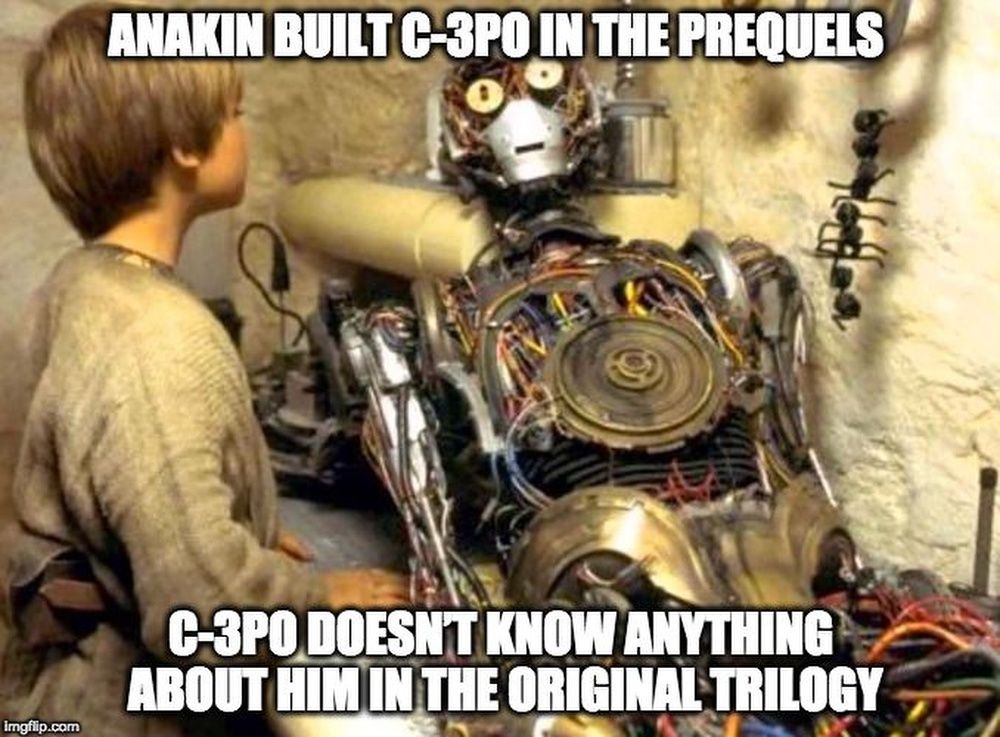
Instead, after major political events, what goes most viral are not the zingers carefully constructed by teams of hired writers. Perhaps the most successful intentional meme was Obama’s reference of “bayonets” in the final debate, though even this did not proliferate like the others. Obama gave “Romnesia” a hard sell but failed to spark a fire. The memes that proliferate, on and offline, are not what any of the campaigns planned. Instead, meme politics often actively resist the campaigns’ intentions. Hess also noted that it is difficult for the candidates to manufacture virality. bureaus and placed into the hands of the loudest crowds and their swiftest microbloggers. election coverage is unmoored from campaign headquarters and D.C. It’s that success of memes in influencing the political narrative that has garnered so much attention this election cycle. Technically, any shared image is a meme regardless of how viral it has become, but when we say meme, we generally mean a successful one. Many have since adapted the term to describe how cultural products pass virally from person to person by multiplying themselves throughout the social body. The definition of meme can be debated, but the short of it is that a meme is a unit of culture, a parallel to the biological gene in Richard Dawkins’s original coinage. Whether you watched the conventions and debates on one screen or three, there’s a good chance you encountered discussion of Internet memes afterward.


And because journalists are disproportionally connected digitally, popular memes also burrow into mainstream-media narratives as a measure of what has captured people’s attention. The Meme Election 2012 isn’t just a matter of what’s found in some sticky gif’d-out corner of Tumblr it also dominates everyday Facebook feeds and news blogs. Retweets, reposts, reblogs, repins, and remixes lead to reporting. We’ve developed a kind of meme literacy, a habit of intuiting in real time the potential virality of a speech act - to hear retweets inside words. Watching debates with that second screen of fast-moving social media streams and text-input boxes begging our thoughts has positioned many of us as hunters for the most shareable, memeiest content, ready to pounce at something, anything, and in the process, changing the overall narrative of an event.

An army is at the ready to spin off a gag at every turn, to propagate the joke to maximum scope digital arpeggiations of candidate goofs and campaign blunders are transmitted from host to host through a mere caress of the touch-sensitive screen. Biden-laughs and Ryan-abs, Big Birds and binders and bayonets: There is something fascinating when an event as stodgily ceremonial as the presidential campaign is run through the lulz-filter of social media, secreting a hallucination of phrases and images and videos and, of course, gifs.


 0 kommentar(er)
0 kommentar(er)
